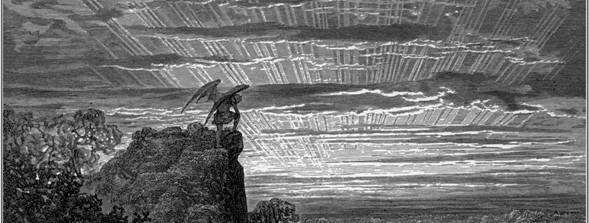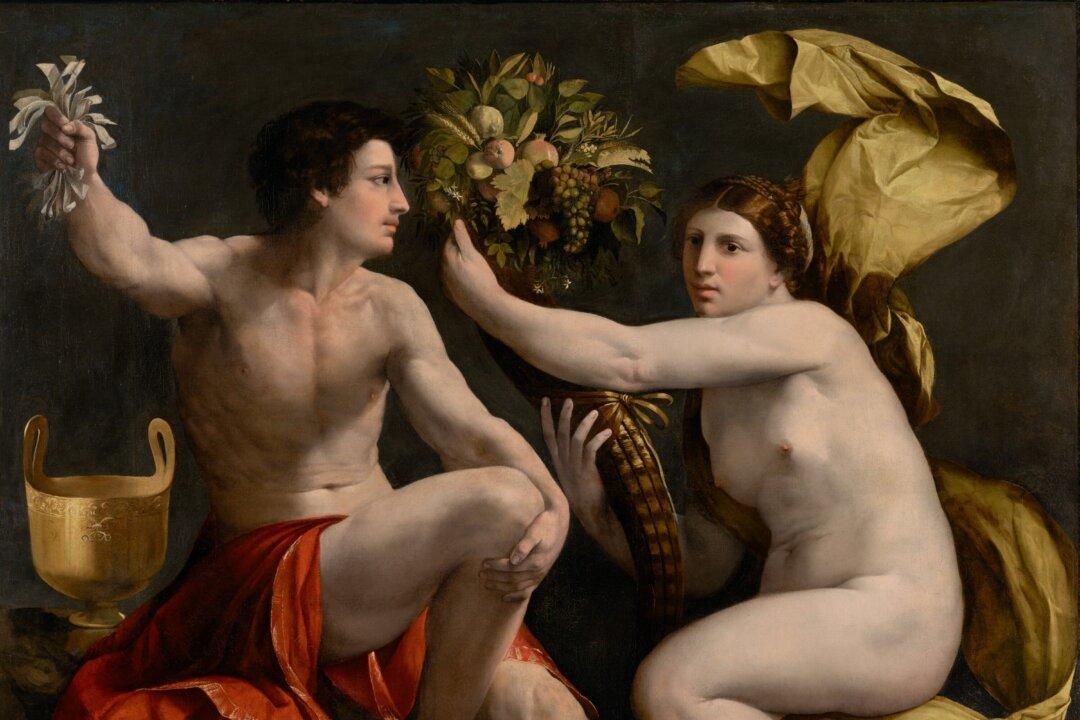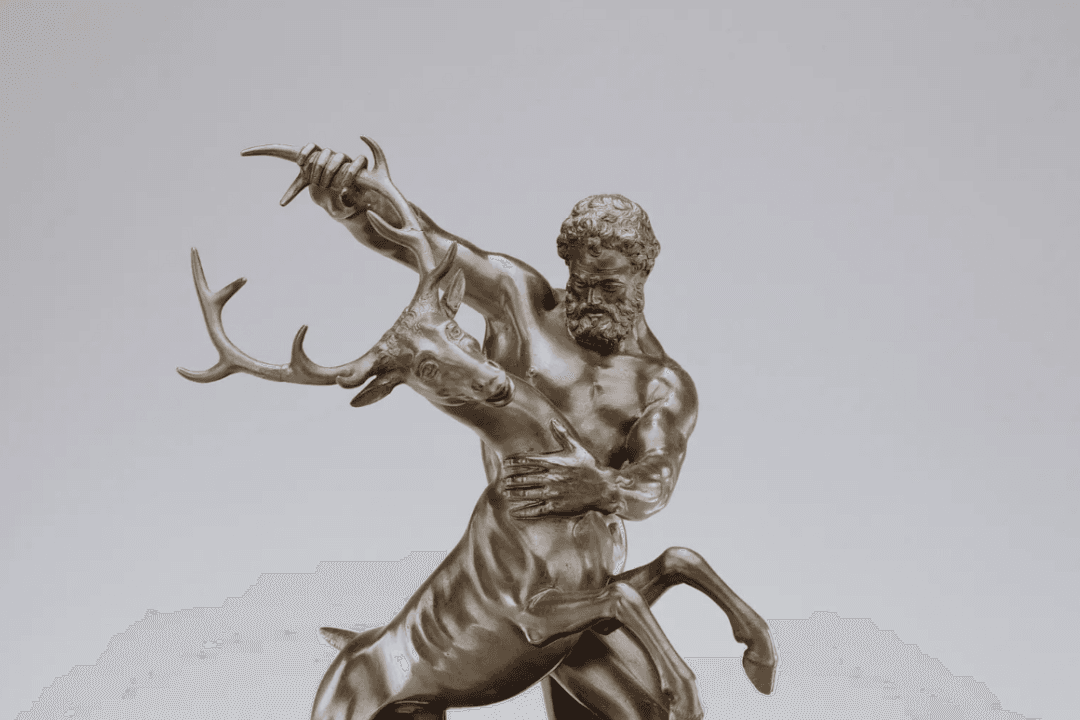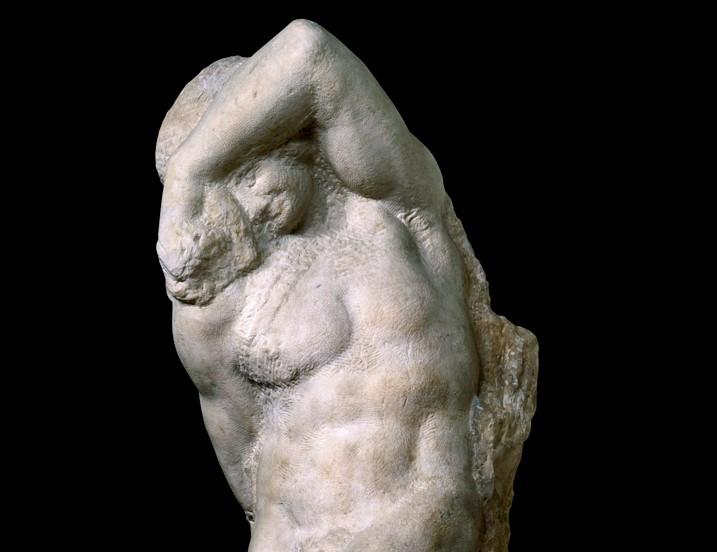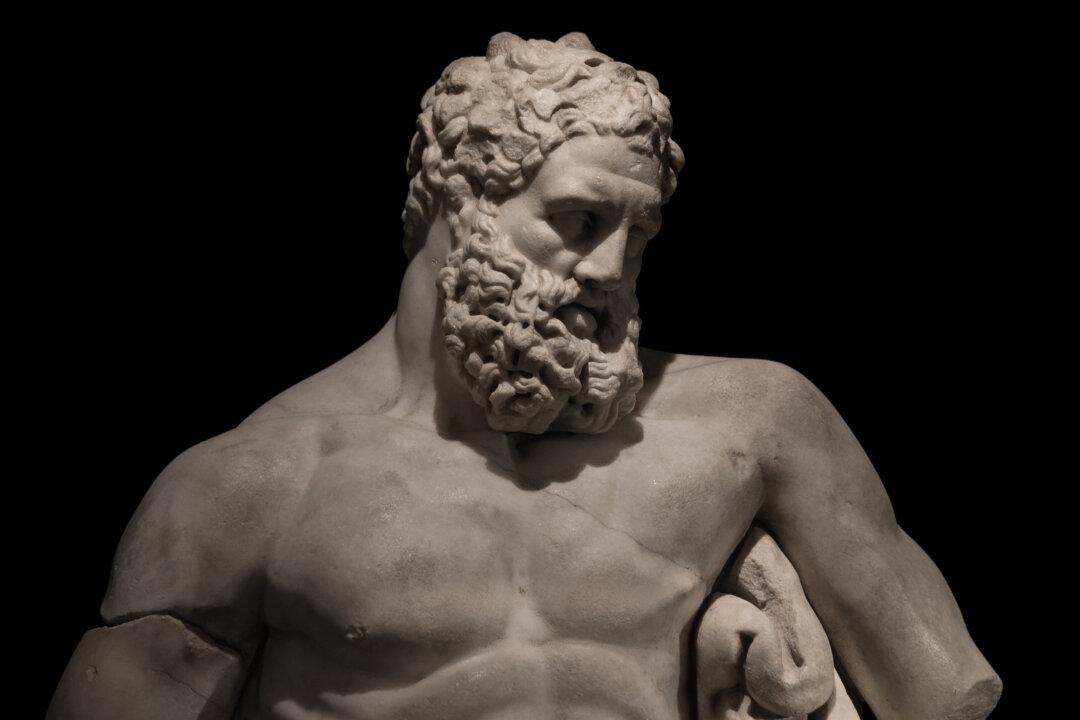Our series “Illustrious Ideas and Illustrations: The Imagery of Gustav Doré” has shown the evil ways of Satan as he has vowed to take revenge on God. We’ve seen in our last article that after having a difficult internal struggle in which he determinedly decides to continue defying God, Satan comes upon the paradise of Eden, which is surrounded by a large wall of overgrown greenery serving to keep any creature from entering or leaving—any creature except for Satan.
Milton begins:
“The verdurous wall of Paradise up sprung … Now to th’ ascent of that steep savage hill Satan had journeyed on, pensive and slow … Due entrance he disdained, and in contempt, At one slight bound high overleaped all bound Of hill or highest wall, and sheer within Lights on his feet …” (Book IV, Lines 143, 172–173, 180–184).
Satan is still deeply affected by the internal dialogue he had; he’s pensive. Seeing the wall that obstructs his entry, he leaps over it with contempt and lands lightly on his feet.
